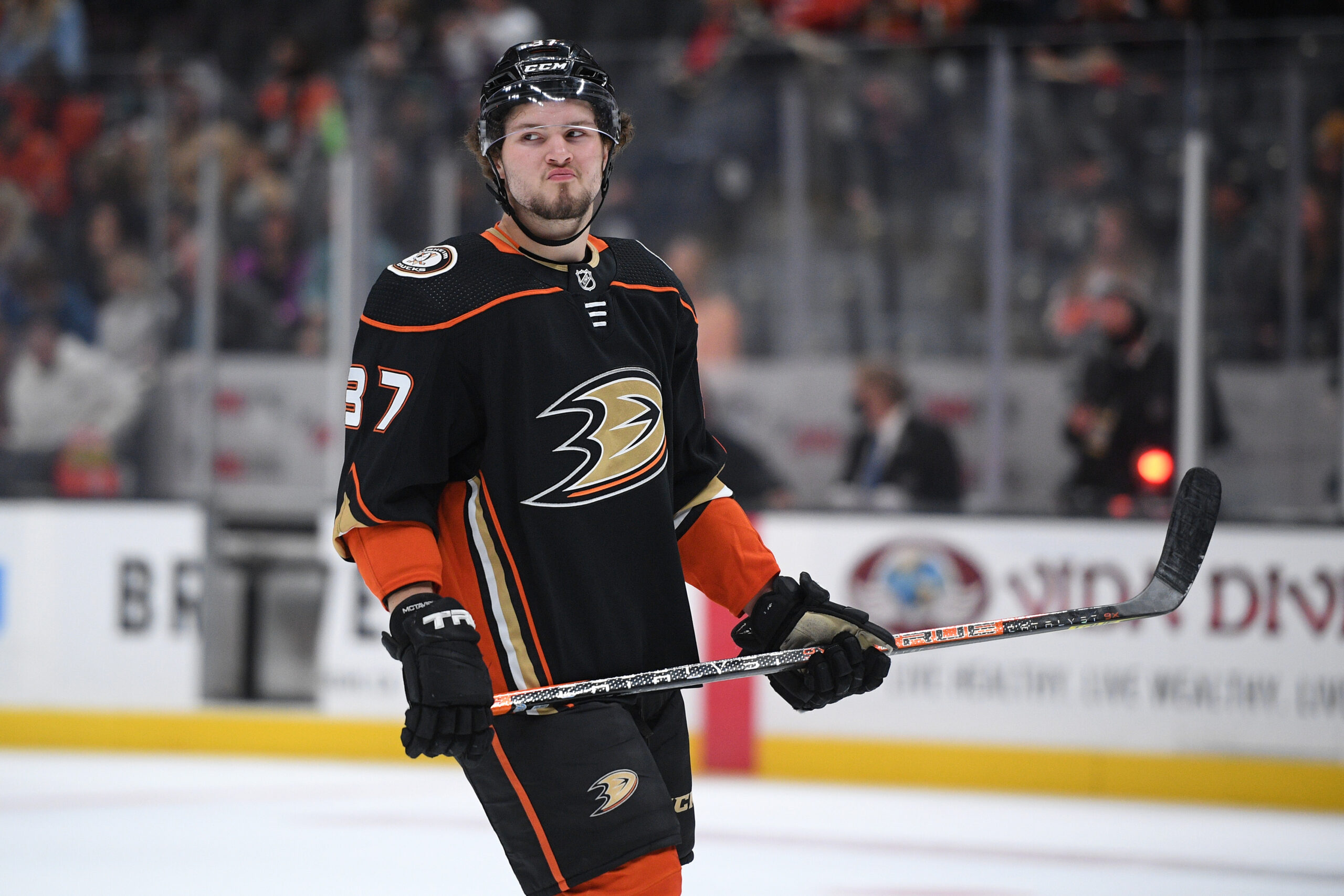In the high-stakes world of professional hockey, where young talent often becomes the cornerstone of a franchise`s future, the current situation surrounding Mason McTavish of the Anaheim Ducks offers a fascinating, if somewhat tense, glimpse into the intricate dance of contract negotiations. While the regular season looms, one of the National Hockey League`s promising young centers finds himself in an unusual position: diligently skating with the OHL`s Ottawa 67s, not because he`s been sent down, but because he remains a restricted free agent (RFA) without a new deal.
The Core of the Stalemate: Term Over Dollars (For Now)
It`s not uncommon for RFAs to navigate complex contract talks, but McTavish`s case highlights a familiar sticking point: the length of the deal. Reports indicate that the Anaheim Ducks are keen on securing their burgeoning star for the long term, locking him into a multi-year agreement that would keep him in Anaheim for the foreseeable future. On the other side, a player`s camp might eye a shorter “bridge deal,” allowing McTavish to prove his continued value and potentially command an even larger sum when he hits unrestricted free agency a few years down the line. It`s a strategic chess match, where both sides are trying to optimize for future value and security.
The Ducks` preference for a long-term commitment is understandable. Investing heavily in a young player of McTavish`s caliber early offers cost control and stability. For McTavish, however, the allure of a bridge deal provides flexibility, an opportunity to bet on himself and his continued development. After all, in an athlete`s prime, every contract year holds significant financial implications. Finding common ground amidst these differing philosophies is where the real negotiation — and often, the delay — occurs.
McTavish`s Rising Star: A Crucial Piece for Anaheim
Mason McTavish isn`t just another RFA; he`s a central figure in the Ducks` ongoing rebuild and a beacon of their future success. Following the departure of significant talent in the off-season, McTavish is now arguably the most vital component of Anaheim`s young core. His performance last season underscored his growing importance:
- Career highs: 22 goals and 30 assists, demonstrating significant offensive progression.
- Increased ice time: Averaging 16:53 per game, a clear indicator of the coaching staff`s trust and his expanded role.
His offensive production and all-around game suggest he`s on the cusp of truly breaking out. For the Ducks, securing him long-term isn`t just about retaining talent; it`s about solidifying the identity of their team for years to come.
The “Skating With the 67s” Strategy: Staying Sharp, Sending a Message
While an RFA contract dispute can sometimes lead to an awkward training camp holdout, McTavish`s decision to skate with the Ottawa 67s is a pragmatic and professional approach. It ensures he remains in peak physical condition and sharpens his skills, ready to jump directly into action whenever a deal is finalized. It also subtly conveys a message: he`s focused on hockey, staying ready, and maintaining his competitive edge, even as the business side plays out. It`s less a protest, more a methodical preparation, a testament to the modern athlete`s dedication to their craft, regardless of the boardroom drama.
A League-Wide Phenomenon
McTavish is not alone in this contractual limbo. New Jersey Devils defenseman Luke Hughes, another high-profile RFA, is navigating a similar situation. These cases highlight the intricate economic landscape of the NHL, where salary cap constraints, performance projections, and player agent strategies converge to create often lengthy negotiation periods. While fans eagerly anticipate seeing their stars on the ice, the front offices are engaged in a different kind of game, one played with spreadsheets, clauses, and futures.
The Road Ahead for the Ducks and McTavish
The Anaheim Ducks organization, along with its fanbase, will undoubtedly be eager to see Mason McTavish officially inked to a new deal. His presence is critical not only for immediate on-ice results but also for the morale and development of the entire young roster. The hope remains that both parties can bridge their differences and find a mutually beneficial agreement soon. After all, the ice awaits, and a talent like McTavish belongs on the biggest stage, not merely keeping sharp with junior prospects.
The business of hockey can sometimes be a test of patience, a balancing act between ambition and security. For now, McTavish continues to train, a visible reminder of the unresolved questions hanging over the Ducks` promising future, as the clock ticks towards the opening puck drop.

